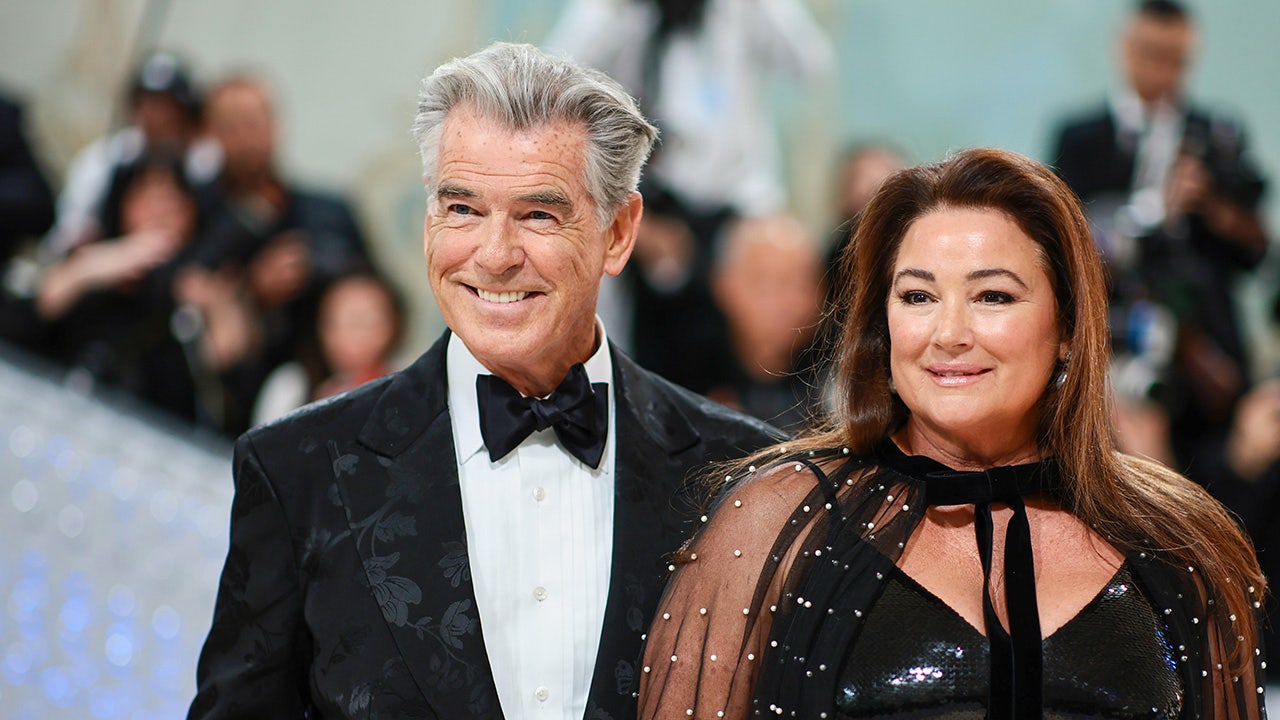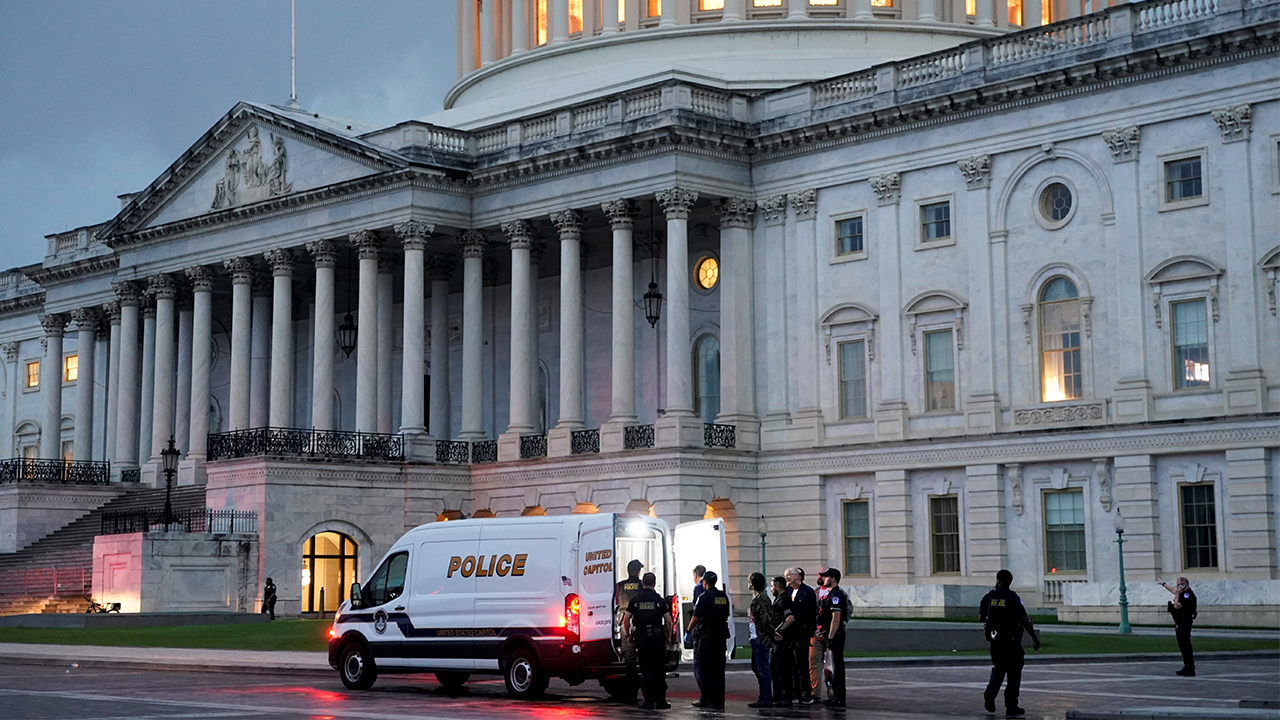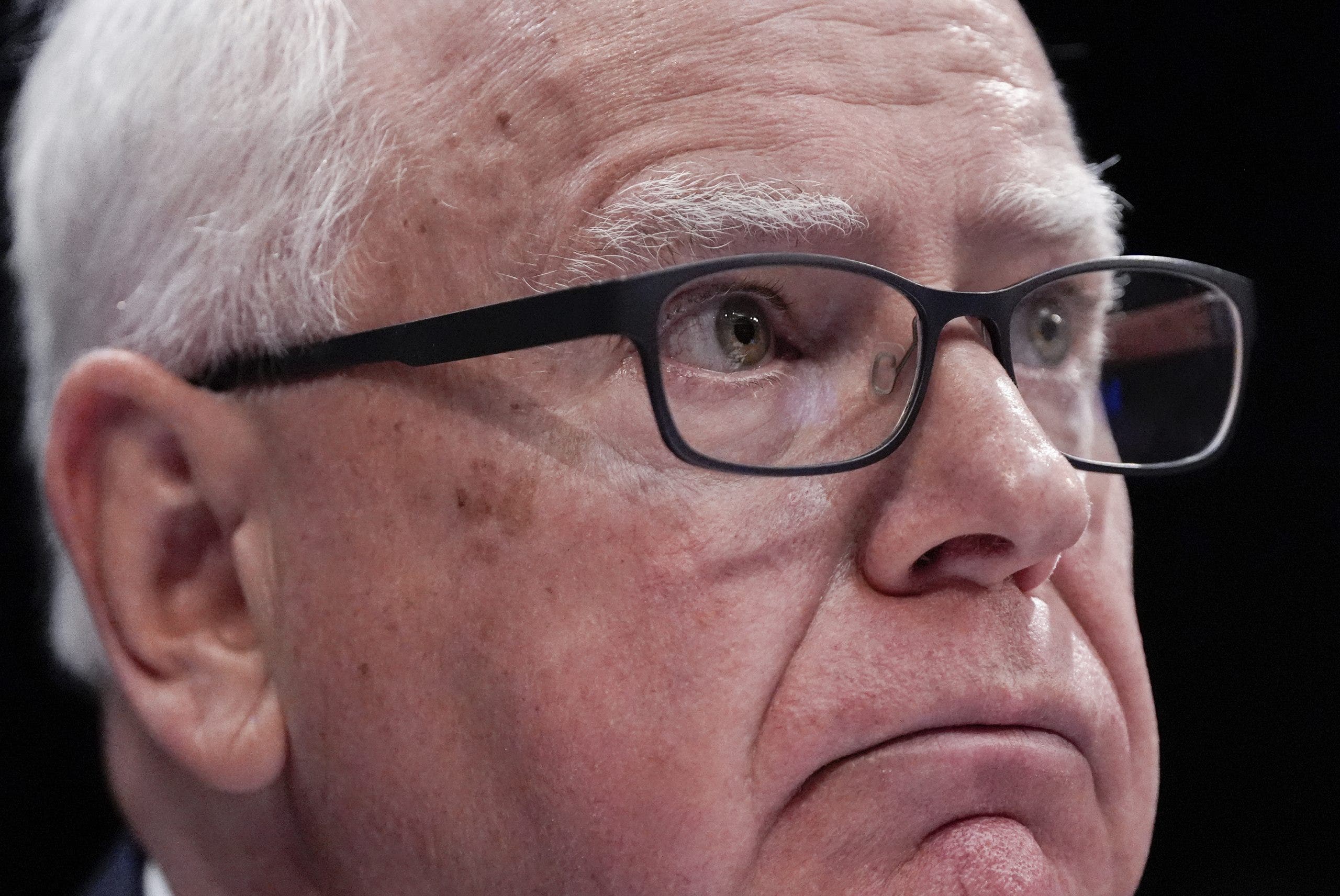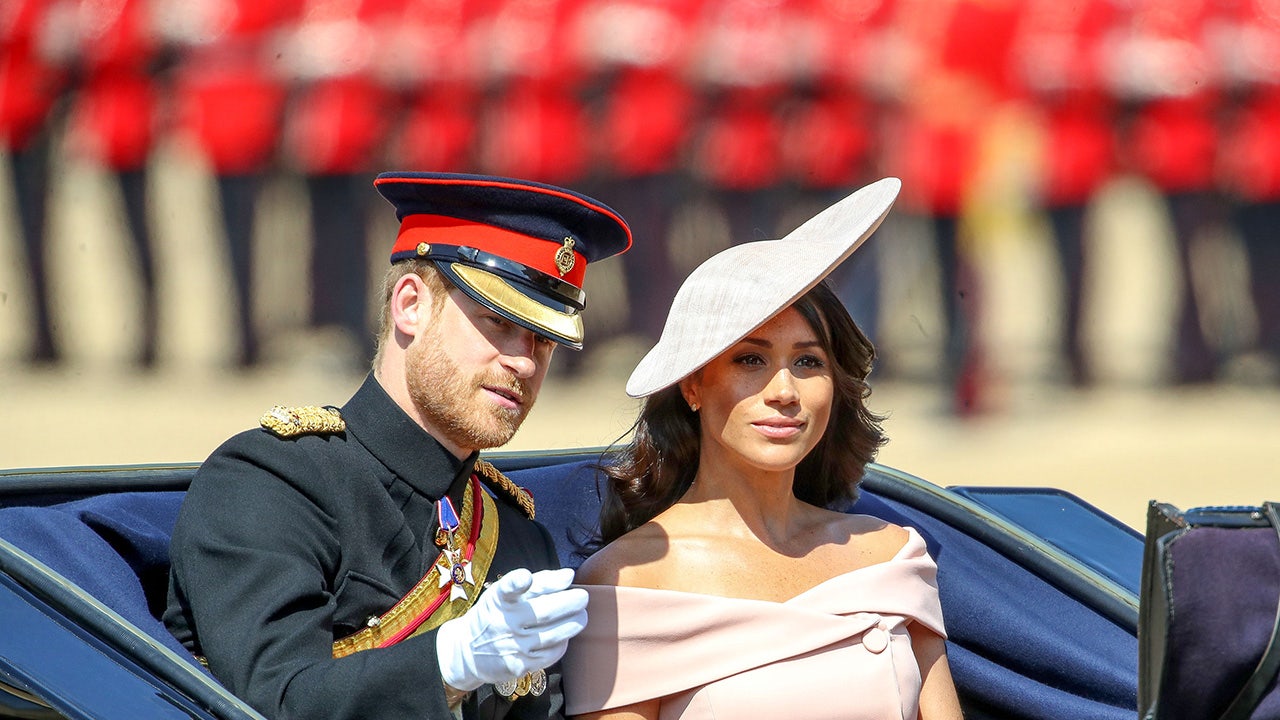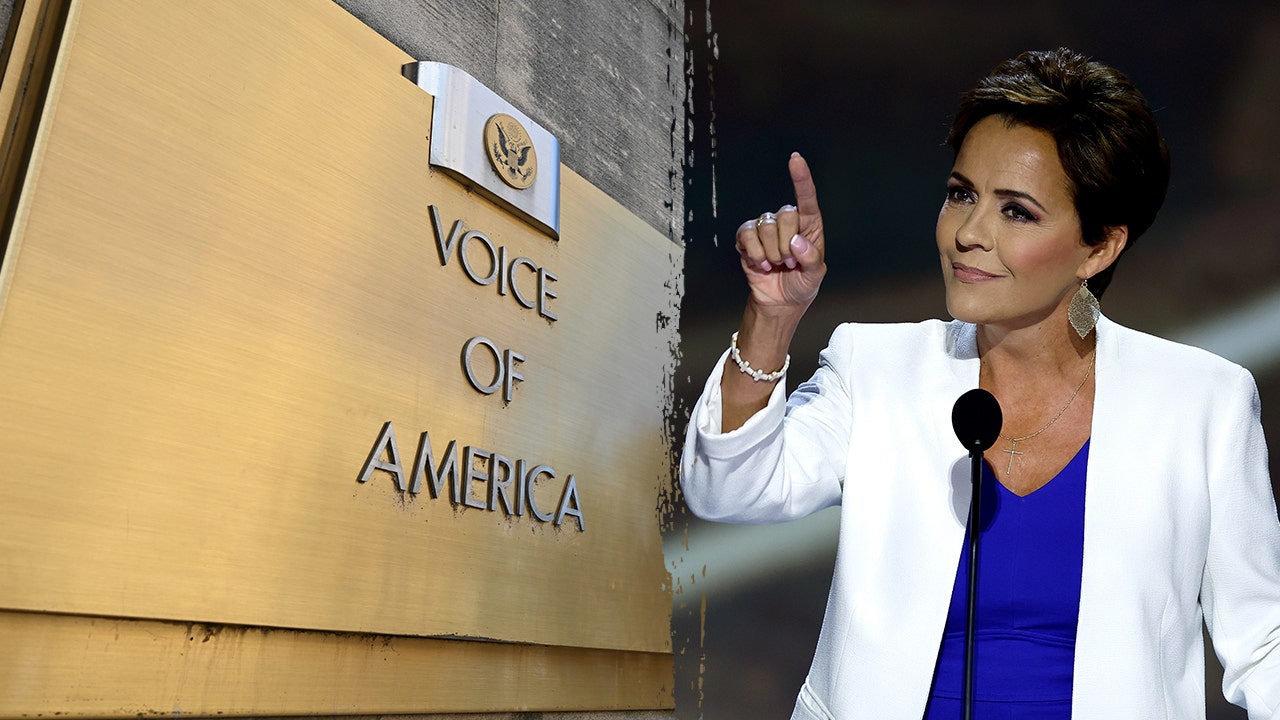Real Housewives of Atlanta star Porsha Williams’ ex Simon Guobadia broke his silence exclusively to Us Weekly days after being released from ICE custody — and detailed the “nightmare” four months he spent in detainment as well as his plans for the future.
Guobadia, who was deported to Nigeria over the weekend, explained he was spending time overseas amid his divorce. He took a flight back home to America to attend a hearing in the case.
He said he was “met at the entrance” of the gate, and “about seven agents with ICE” came on board the plane to escort him off.
Guobadia, 61, said he was asked “a bunch of questions about my business and where I was traveling from, and then they asked me to turn over my devices.”
He said they took his laptop and two phones, one of which was dedicated to business in Dubai and the other for work in the United States.
“So I had everything on me, literally a mobile office. [They] took those from me and [I] gave them passcodes so they could do their forensic investigation, [if] you will. After that, they basically came and told me that I was being detained and that they would be taking me in, and I’ll be seeing a judge at some point. So they slapped the cuffs on and I was taken away,” he told Us.
Guobadia said he had no idea he was going to be taken into custody that day. He noted it all happened “a day or two before the premiere of season 16” of The Real Housewives of Atlanta.
He found the whole thing odd since his immigration issues were well-known. Guobadia said he had never had any issues traveling.
When asked if it felt like he was targeted, Guobadia told Us, “Yes, it felt like a target. It felt like a target because they had no reason [and] it felt like a target on a number of fronts. One, for sure, is the new administration and new administration policies, they’ve heightened their targets apparently as agents are waiting, looking through flight [logs] for names that may have popped up on their radar and take them into custody.”
He continued, “And the second one was that I expected that I’m in a contentious divorce, and it’s not just one individual I’m dealing with. I am dealing with those behind her, the powers behind her that, obviously, would like to see her succeed and ensure that the investment in this person will come to fruition. So I was not totally oblivious to the possibilities of … some interference.”
Guobadia said he did not know but felt it was possible Williams, 43, or someone connected to her may have called ICE. “It’s possible. I just don’t know. I don’t have all the facts,” he said. (A source with knowledge of the situation tells Us, “There’s zero truth to this theory that there’s a connection between Porsha and Simon’s arrest. It was an internet meme.”)
After being questioned at the airport, Guobadia said he was transported to a facility. He was told he would see a judge eventually but could not get bond.
“That’s when my shock realization kicked in that, ‘Oh my God, what’s about to happen?’I was transported to a detention center that I don’t recall the name right now, to be housed overnight and went through that experience [of] taking my regular street clothes off and having to put on inmate clothes,” he told Us.
Guobadia choked up at one point, telling Us, “I’m sorry. There are a lot of things that I kind of bottled up for a while. So this interview is the first time I’m truly speaking out about the experience.”
Eventually, he was transported – with his hands and feet in cuffs – to the Stewart Detention Center, where he stayed until his recent release.
Guobadia said he slept for two days upon his arrival. He said his friends and family were able to come visit him shortly after. He was able to spend one hour with them.
“That was the first time [they visited me]. It was very emotional for me because prior to that, I didn’t have a phone call. I didn’t have a chance to phone them. I didn’t have my phone book. I guess the kindness, or I don’t know what it was, but the officer let me use this phone and I was able to get through to my house manager and she in turn got in touch with [my close friend].”
He added, “But the way this thing is designed is not like you’re arrested and you’re immediately given time to call. It could take a while, and sometimes it could take days before you’re able to reach your family.”
A couple of days after his arrival. Guobadia said he was pulled aside and told he was being put into protective custody due to his being a celebrity.
“They said, ‘Well, there are people who recognize that you’re a celebrity,’ and they want to take precautions. And so they took me into protective custody. I was taken to an area that is called segregation,” Guobadia told Us.
Guobadia said he was placed in an area with dangerous people but given his own cell. He said he was given the choice to be with the general population, but decided to go to assess the situation. In segregation, Guobadia said he was locked in a cell for 23 hours of the day. He would be allowed one hour outside. If the weather was bad, he said he spent the whole day inside the cell.
“I understood why people would kill themselves, but I’m too strong to do that. But I understand why people, when you [are] put in a certain mental headspace, you start to understand why people do what they do,” he told Us.
Eventually, Guobadia said he convinced a guard to let him back into the general population. Guobadia told Us that the population was mostly Hispanic men “who looked like they were picked up from work sites or their jobs.”
He said the facility was mostly “clean.”
However, he noted, “some of the glaring things I saw were … the staff was poorly trained, they didn’t have a whole lot of staffing. There was overcrowding, there were people detained, individuals who were sleeping in makeshift beds.”
He continued, “Those facilities were built to house … about 200 people [per unit], and each cell would house two people, a top and a bottom bunk.” He said the facility had many more people than it was built to hold.
Guobadia also described the “terrible” food at the facility.
“Breakfast is typical cereal and milk. I never got coffee. I never got tea. There was no purified water, no bottled water … none of that,” he explained.
When he was in segregation, he said, “There’s a panel [in my door] to open and serve the food, and sometimes they come back and take the [empty trays]. Sometimes they wait till the end of the day while I pile three meals in a day with empty trays and then get it back to them.”
The lunch consisted of a “make-believe burger” that was not real meat and “lot of beans.”
He said, “Every meal came with beans.” Guobadia said they had tacos and rice, and Spaghetti for dinner, but not much variation.
“The food was bad,” he added. “There was nothing; it had no nutritional value.”
In the general population, Guobadia said he made a few friends. He would often watch the news on a TV in the main waiting room.
He said the other detainees played basketball, volleyball, and soccer when allowed outside. He said the cell doors were open for people to roam around during the day but there were guards around and rules to follow.
Guobadia said the entire experience was a “nightmare,” but it also “made me realize that I’m a pretty tough cookie.”
While in custody, he ended up with the flu and had to be housed at a clinic for days.
Guobadia said he received no updates on his case while inside. He said the running joke inside was that ICE agents were “never truthful” when asked by detainees when they were leaving.
He said he was only told he was leaving two weeks before being deported. When it was time for him to leave, he was put into a holding cell with others and not given food for 18 hours.
Looking forward, Guobadia has plans to head to Dubai, where he has previously lived, and is in the process of reuniting with his children.
